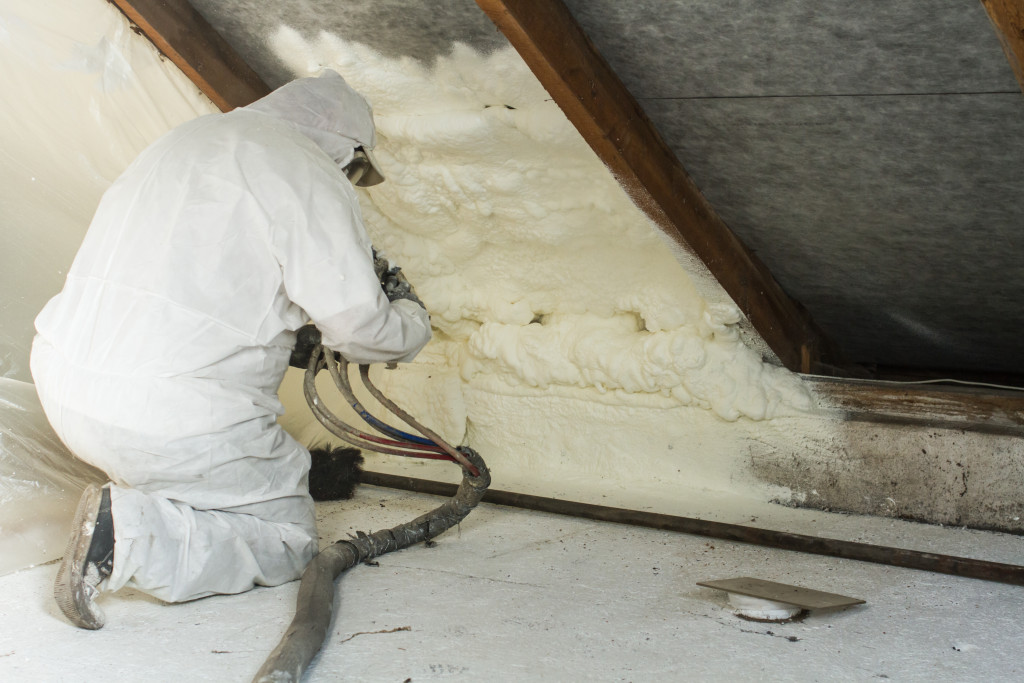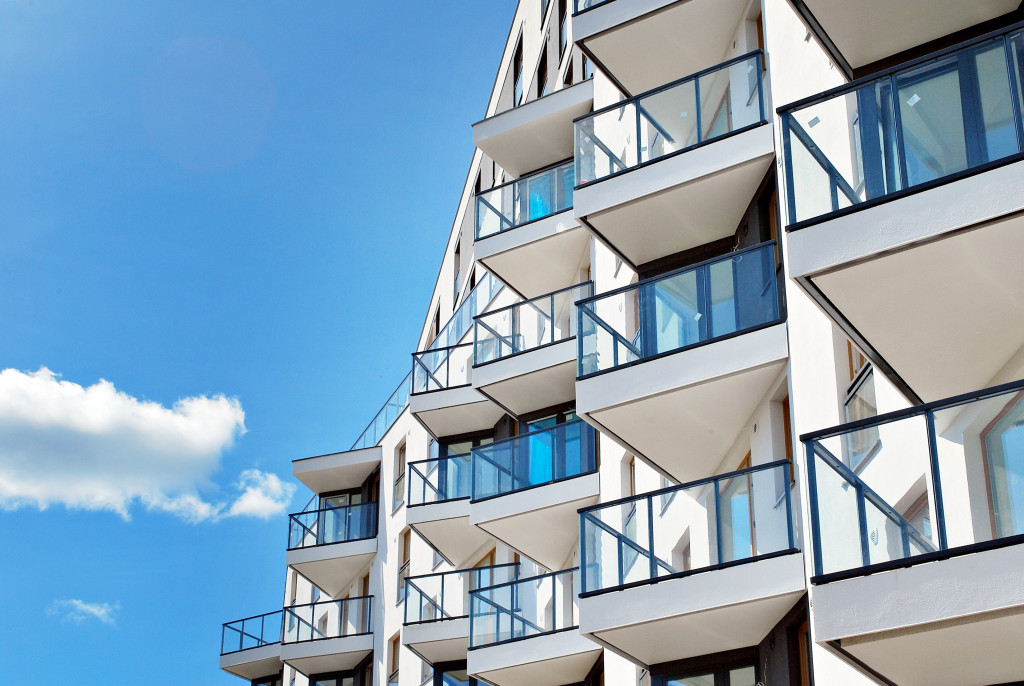No matter the industry, running a business entails maintaining a commercial property or business establishment. And when it comes to property maintenance, energy efficiency is a key consideration.
Why? Energy efficiency comes with a handful of benefits. Not only does it regulate your energy consumption, but it also reduces your monthly utility bills and helps increase your bottom line. Ultimately, it helps push through with your business sustainability for the long term.
So what do you need to consider for your business’ energy efficiency? The Building Energy Efficiency Survey identified key aspects that contribute to energy use. These include heating, cooling, ventilation, and lighting, among others.
Here’s how to boost the energy efficiency of your commercial property:
1. Update your heating and cooling systems
Most businesses won’t operate without heating and cooling systems in place. Some companies even have robust heating, ventilation, and air conditioning or HVAC system to create the ideal condition for production. It’s imperative to update your systems twice a year: one in the fall (heater) and the other in spring (air-conditioning unit). For old and outdated ones, consider installing a new commercial boiler or furnace and commercial air conditioner. Doing so will help contribute to your commercial property’s overall energy efficiency.
2. Install a proper ventilation system
The ventilation system contributes much to a commercial property’s energy efficiency. Typically, a building takes fresh air outside and brings the air indoors without affecting the temperature. The purpose is to remove the harmful elements in the air and replace them with fresh air. The challenge, however, is that your building must be as airtight as it can possibly be. For this reason, you must have a robust ventilation system to maintain good air circulation while ensuring your property’s energy efficiency.
3. Ensure proper insulation

Proper insulation is paramount in a commercial property or business establishment. A building must be enveloped with insulating materials to prevent outdoor elements from getting indoors. As much as possible, insulation must stop drafts from getting in during cold winter months and block heat during hot summer months. With this in place, your heating and cooling systems need not work harder. Ultimately, proper insulation can significantly boost the energy efficiency of your building.
4. Install LED lighting
It’s no secret how lighting consumes a lot of energy in any building. Think of all the light fixtures installed inside the property, whether an ambient, task, or accent lighting. Lighting alone makes 20 percent of energy use in the UK. As such, you must consider switching to energy-efficient light fixtures. Thanks to the prevalence of LED lighting, this technology helps businesses ensure their properties’ energy efficiency. It can reduce energy consumption by up to 75 percent compared to incandescent lighting.
5. Resort to voltage optimization
Voltage optimization (VO) is an energy-saving technology. It is designed to control the incoming power supply and minimize the voltage supply to the electrical equipment used. It comes in two types: static reduction VO and dynamic reduction VO. The former is ideal for a property with minimal fluctuation, while the latter is best for a building with constant fluctuation. Ultimately, VO can help boost the energy efficiency of a commercial property.
6. Switch to cloud storage
There’s no denying that most businesses heavily rely on massive data and information. For this reason, data storage and protection are paramount. However, some companies are still utilizing onsite servers for these. It’s best to consider switching to cloud storage for a handful of benefits. These include data availability and accessibility, minimal upfront and maintenance costs, and energy efficiency. Its offsite storage capability makes it very promising and beneficial for your commercial business.
7. Invest in energy-efficient tools and equipment
Running a business requires that you have tools and technologies for day-to-day operations. You’ll most likely have computer devices, office appliances, production equipment, and other machinery pieces. When investing in these, it’s best to consider their energy efficiency features. Sure, they may be costlier for your upfront purchase, but they will pay off in the long run. Not only will they help reduce your energy consumption and utility bills, but they will also help boost your business productivity and profitability.
Energy efficiency has become such a buzzword in recent years. Companies must always have this in mind when running their business and maintaining their commercial properties. Consider the valuable recommendations outlined above, from updating your heating and cooling systems to installing LED lighting down to investing in energy-efficient tools and equipment. All these will help contribute to your business sustainability that will help boost your profit and save the environment for the long term.

